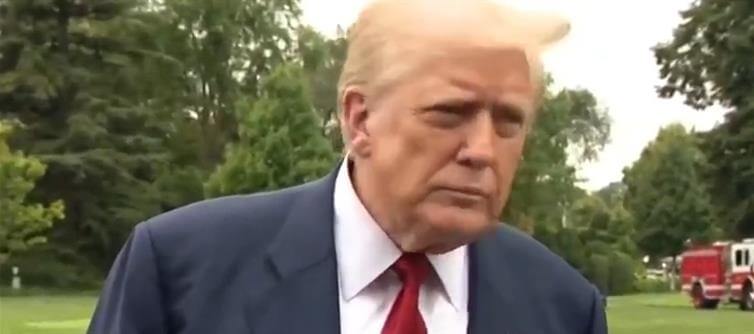
Critics argue that Modi's silence reinforces perceptions of submission, especially in the face of direct claims from foreign leaders. In previous instances too, Modi has often avoided directly calling out Western powers—even when India’s autonomy or diplomatic dignity seemed to be undermined. This has led to growing frustration among indian citizens, particularly on social media, where hashtags like #SurrenderModi and #WeakestPM have begun trending. Many netizens accuse him of prioritizing optics over substance and diplomacy over decisiveness, especially when national interests or sovereignty appear to be in question.
The irony lies in the contradiction between Modi’s projected image and his actual responses in global diplomacy. While his supporters hail him as a global statesman and a bold nationalist, incidents like this paint a different picture—one of strategic silence and political caution. At a time when india is positioning itself as a rising power in a multipolar world, such unaddressed statements from global figures like trump can dent the country’s image and undermine its foreign policy autonomy. If Modi truly seeks to uphold India’s stature, a clear and assertive response is not just expected—it’s essential.




 click and follow Indiaherald WhatsApp channel
click and follow Indiaherald WhatsApp channel